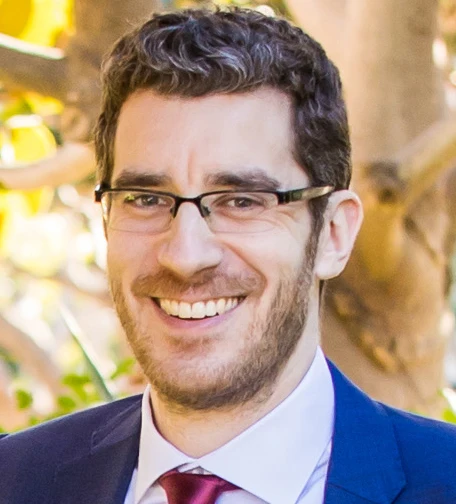Education
- Ph.D. (Cinema and Media Studies), UCLA
- M.A. (Cinema and Media Studies), UCLA
- B.A. (Communication Arts), University of Wisconsin - Madison
Bio and Affiliation
Jason Gendler’s areas of expertise include narrative and narration in film and television, style and aesthetics, Hong Kong cinema, documentary, Hollywood film history, and humanistic applications of cognitive psychology. At root, the guiding questions underpinning his scholarly inquiries are poetic: he’s primarily interested in why and how media – particularly narratives – are designed and constructed, and the effects they have on their audiences. Oftentimes this involves searching for normative patterns either within individual works, across a range of works, or over a certain historical period, and proposing causes, purposes, and functions for them, be they aesthetic, industrial, economic, technological, or cultural. He’s strongly invested in empirical inquiry, and using evidence to support mid-sized arguments about film and television conventions and the purposes they serve.
Jason is a regular contributor to the Society for Cognitive Studies of the Moving Image, frequently presenting at the annual conference and functioning as a peer reviewer for the Society journal, Projections, where he has also published numerous articles. His latest article, “Better Call Saul and the Cognitive Effects of Prequel Television Series” will be published in a Special Issue of Projections devoted to serialized television in fall 2025, in which he also served as the Special Issue’s co-editor. Other recent work includes, “‘I Can’ Keep Track of Any of It Anymore’: Cognitive Challenge and Other Aesthetic Appeals in Community” in Puzzling Stories: The Aesthetic Appeal of Cognitive Challenge in Literature and Film (New York: Berghahn), 2022. In 2016, he published “The Rich Inferential World of Mad Men: Serialized Television and Character Interiority,” which examines a season of Mad Men to address how episodes of a contemporary serialized television program actually integrate serial and episodic narrative components, investigating the extent to which individual episodes call upon information from earlier in the series to enrich the psychology of a given scene. In 2012, he published “Where Does the Beginning End? Cognition, Form, and Classical Narrative Beginnings,” and article which argues that only by combining formal properties and cognitive processes can one arrive at comprehensive and flexible model for determining where a beginning ends.
He is also regularly publishes recaps and other popular criticism on his blog, Jason Watches Television, and is also working on various upcoming projects concerning further topics in contemporary television narrative.

Awards and Honors
- Fellow of the Society for Cognitive Studies of the Moving Image
- British Society of Aesthetics Early-Career Award, 2015
- UCLA
- Dissertation Year Fellowship, 2013-2014
- Kemp R. Niver Scholarship, 2013
- Harold Leonard Fund, 2007-2010
- Chancellor’s Prize Fellowship, 2007-2009
- Graduate Summer Research Mentorship, 2008
- University of Wisconsin, Madison
- Dean’s List, four semesters 2000-2004
- Christopher Neal Heinlein Scholarship, 2003
Publications:
Journal Articles:
- “Better Call Saul and the Cognitive Effects of Prequel Television Series.” Projections Special Issue on Serial Television (forthcoming).
- “The Rich Inferential World of Mad Men: Serialized Television and Character Interiority,” Projections. Volume 10, No. 1 (Summer/Winter 2016).
- “Where Does the Beginning End? Cognition, Form, and Classical Narrative Beginnings.” Projections. Volume 6, No. 2. (Winter, 2012).
- “Primer: The Perils and Paradoxes of Restricted Time Travel Narration.” Nebula Volume 3, No. 4, December 2006/January 2007.
Book Chapters
- “‘I Can’ Keep Track of Any of It Anymore’: Cognitive Challenge and Other Aesthetic Appeals in Community.” Solicited for Puzzling Stories: The Aesthetic Appeal of Cognitive Challenge in Literature and Film (New York: Berghahn, forthcoming)
- “Are My Eyes Really Brown? The Aesthetics of Colorization in Casablanca.” Solicited for the Routledge AFI Reader Color and the Moving Image (New York: Routledge, 2013).
Book Reviews
- “Impossible Puzzle Films.” Projections. Volume 13, No. 1 (2019)